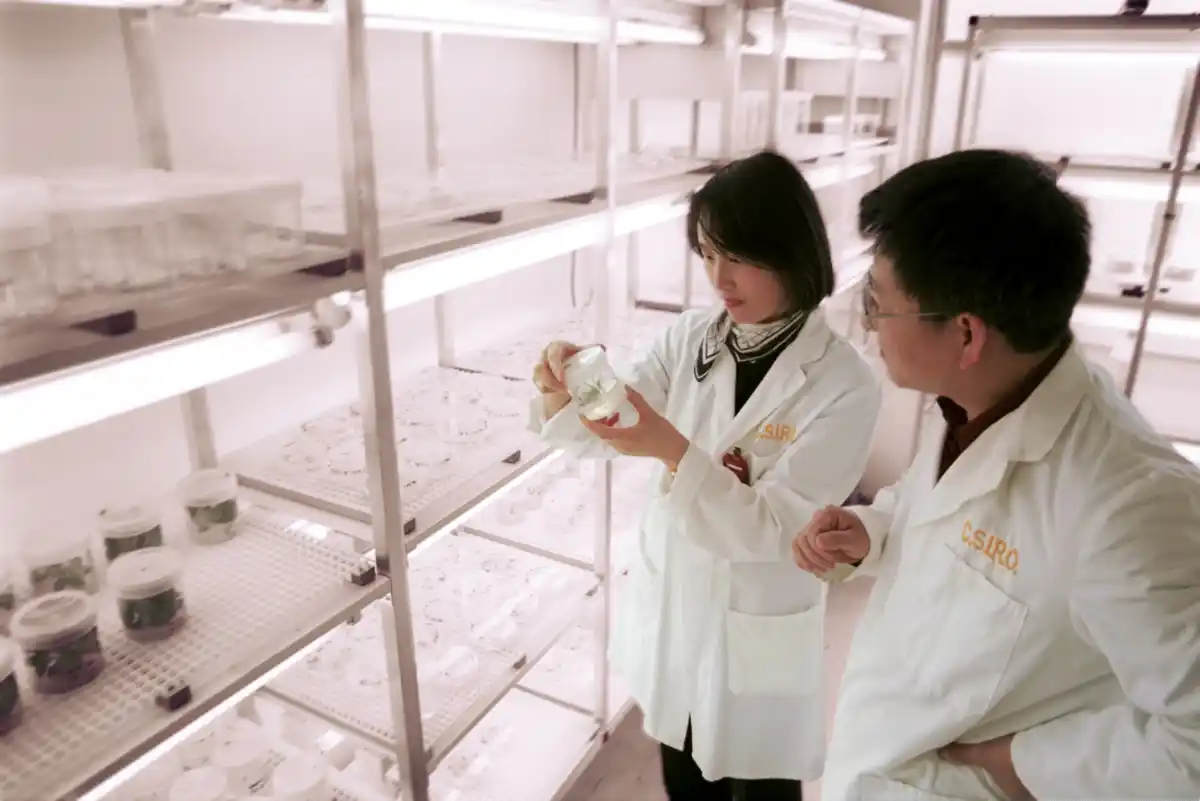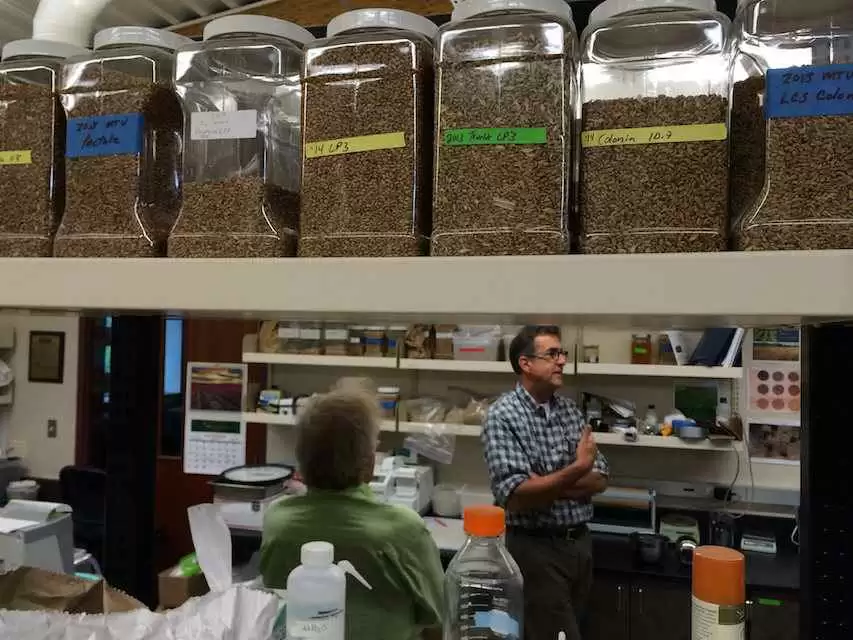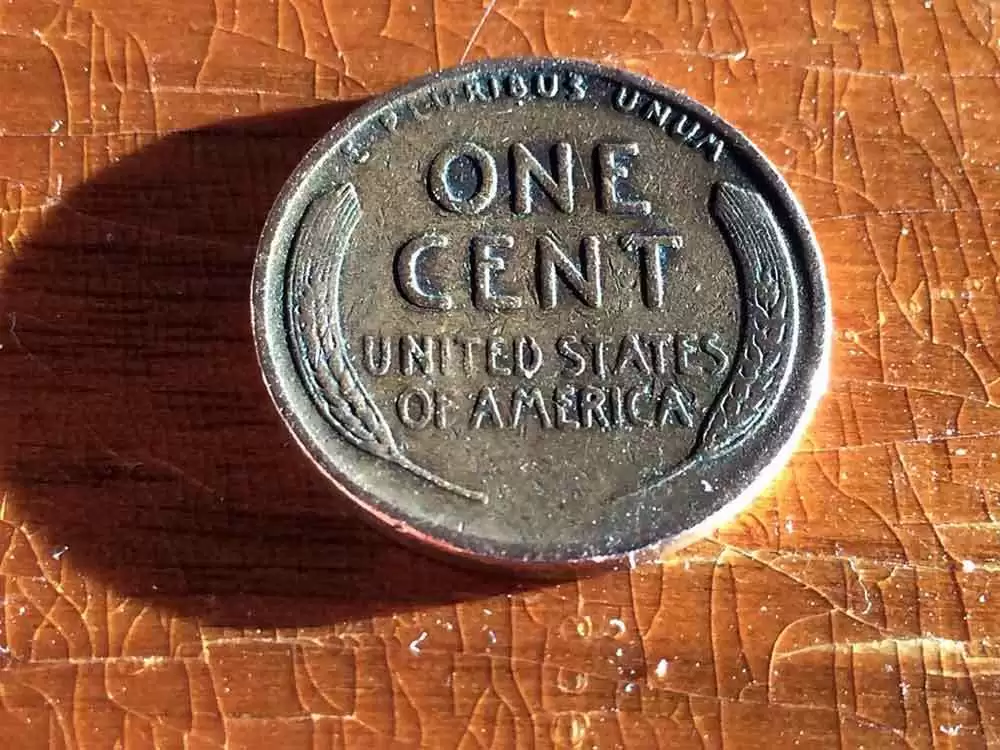
Celiac.com 07/24/2023 - Researchers at Clemson University's Pee Dee Research and Education Center are studying how to develop wheat varieties with reduced gluten content to help individuals with gluten sensitivities or intolerances. Gluten, found in wheat, barley, and rye, can be harmful to those with certain food sensitivities, such as celiac disease.
The research aims to manipulate genes using conventional and genome-editing methods to breed for wheat varieties that do not produce immunogenic-gluten proteins, which cause negative health effects and can lead to autoimmune disorders in some individuals. The study focuses on altering genes responsible for producing glutenins and gliadins, the two main protein types in gluten.
Celiac.com Sponsor (A12):
The project also aims to fortify wheat with lysine, an essential amino acid necessary for human health. By providing wheat with reduced content of immunogenic proteins, researchers believe they can offer affordable solutions to the millions of people suffering from gluten-related diseases.
The prevalence of celiac disease is high in India, affecting about 1.04% of the population. To improve plant nutritional and yields, the researchers are conducting the study in Clemson's Advanced Plant Technology Program, growing wheat in fields and testing in laboratories. They also plan to assess public opinion on using genome editing for developing reduced-immunogenicity, high-lysine wheat lines.
Interns from local high schools will be recruited to work on the project, providing training in science, technology, engineering, and math (STEM). The study aims to develop a highly skilled future workforce and improve producer literacy about genome editing technology.
Funding for this research is part of a $16.2 million investment from the United States Department of Agriculture National Institute of Food and Agriculture's Innovative Plant Breeding Research program. The program supports agricultural innovations to produce more food with less impact on the environment.
By developing wheat varieties that are better suited for individuals with gluten sensitivities, the researchers hope to contribute to a healthier and more inclusive food system.
Read more at news.clemsen.edu









Recommended Comments
Create an account or sign in to comment
You need to be a member in order to leave a comment
Create an account
Sign up for a new account in our community. It's easy!
Register a new accountSign in
Already have an account? Sign in here.
Sign In Now